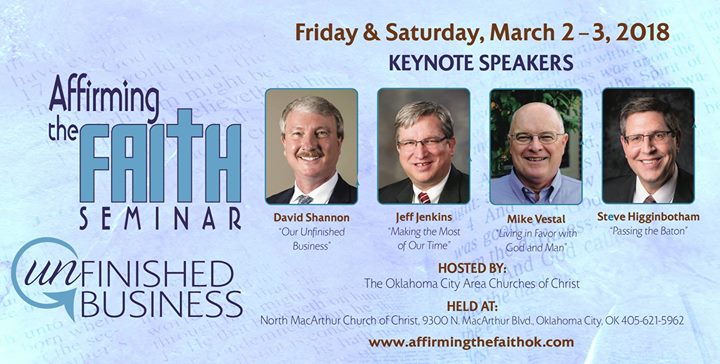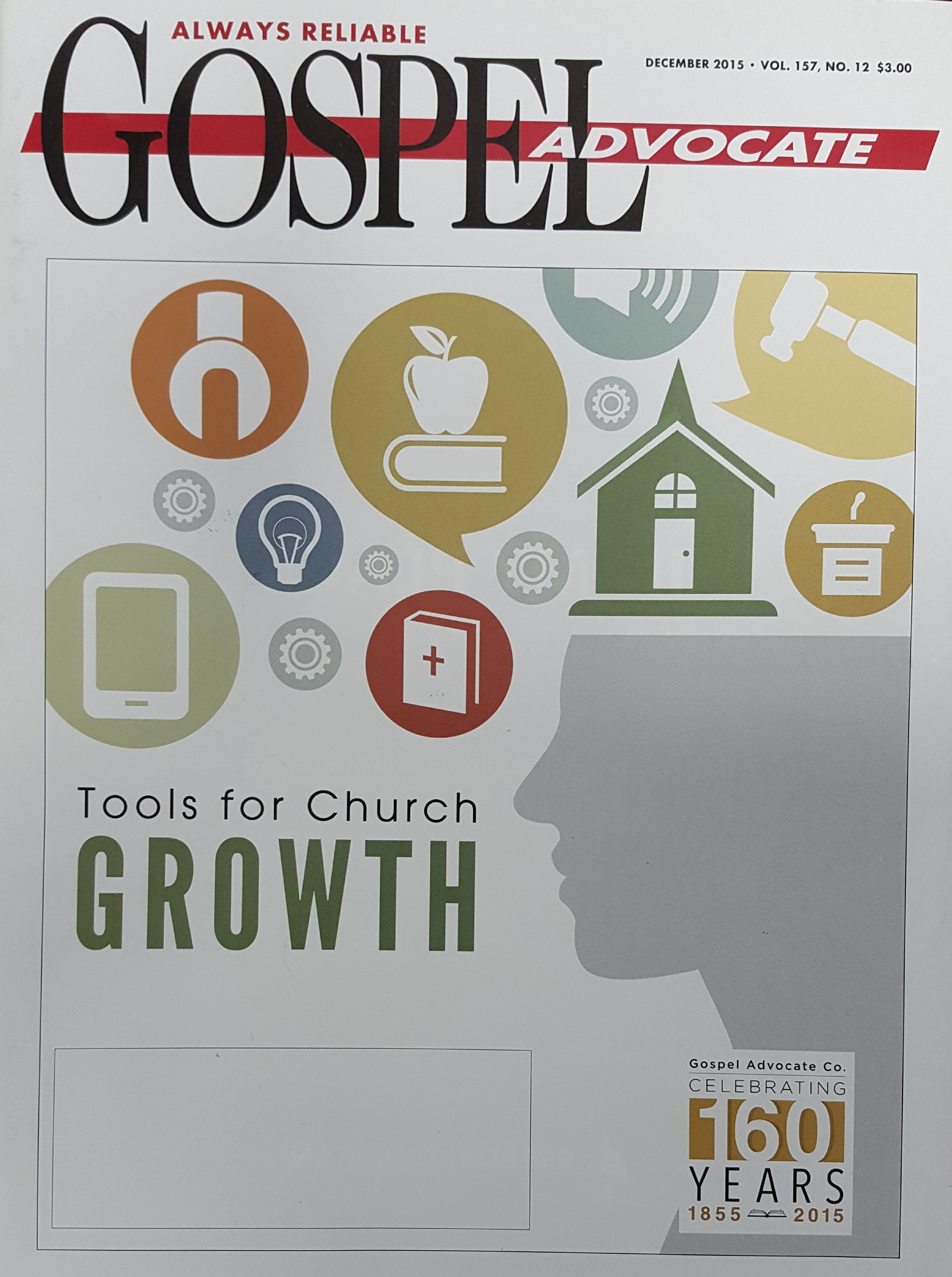
There is no greater opportunity than the present to reflect on the importance of the home as the training ground of our families for the worship of God.
God has created the home to be the primary vehicle by which young souls are raised “in the nurture and admonition of the Lord” (Eph 6:1-4). In what would become a daily prayer (the Shema), Israel was expected to make the homestead a welcome environment for God-talk (theology), reflection, and spiritual meditation of God’s word:
Hear, O Israel: The Lord our God, the Lord is one. You shall love the Lord your God with all your heart and with all your soul and with all your might. And these words that I command you today shall be on your heart. You shall teach them diligently to your children, and shall talk of them when you sit in your house, and when you walk by the way, and when you lie down, and when you rise. You shall bind them as a sign on your hand, and they shall be as frontlets between your eyes. You shall write them on the doorposts of your house and on your gates.
Deuteronomy 6:4-9 (English Standard Version)
Christians, in keeping with Israel’s identity (Gal 6:16), are expected to continue this focus to make the home a spiritual incubator for faith to blossom within all its members. Faith will often not blossom where its seed is not planted and nor its soil cultivated.
Even though the worship assembly is a primary venue for the whole church to hear the public reading (1 Tim 4:13) and proclamation of God’s word (Acts 15:21), the faith that has meaning is the faith that is transmitted from one generation to the next. Paul reminded Timothy that his faith had its roots in the faith of his mother and grandmother who made him more familiar with the saving and transforming word of God (2 Tim 1:5, 3:14-17).
We are increasing becoming aware of the diverse settings the people of God are forced to encounter as they offer up worship to God and encounter the presence of God in the Word of God. It is important to remember that settings may change but the call to be a worshipping people has not.
Parents, guardians, and those who have children that you raise, remember that worship is not just for the adults, it must be a multi-generational experience. So raise children to participate in worship, be spiritual role models, and provide a pathway to help your children succeed in engaging worship.
Raising Children for Worship
One of the most precious sounds which may “compete” with the sermon is the sound of a babe giggling with their parents. The training of children going through those “noisy” stages as they develop is to be applauded. God loves babies, we -the church- must love babies too.
Remember the words of rebuke that Jesus used toward his disciples who were creating a barrier for the parents that brought their children to Jesus?
And they were bringing children to him that he might touch them, and the disciples rebuked them. But when Jesus saw it, he was indignant and said to them, “Let the children come to me; do not hinder them, for to such belongs the kingdom of God. Truly, I say to you, whoever does not receive the kingdom of God like a child shall not enter it.” And he took them in his arms and blessed them, laying his hands on them.
Mark 10:13-16 (English Standard Version)
The scene is striking. It certainly underscores the importance Jesus gave to our need to connect our children to him. Churches need to always keep children on their minds. We must never hinder their access to Jesus.
As any engaged parent would agree to, each child has their own unique needs during various stages of development. There may be a genuine need to create a special space that meets these needs. Many church facilities have rooms like a “cry room,” “nursery,” or a “training room.”
For children with special needs, it would be prudent to have a multi purpose room where both the family and their child(ren) may stay connected to the worship of God.
Churches offer a wide range of attempts at “managing” older children during worship, and some of these methods have reinforced the notion that worship is suppose to be “fun” and “entertaining.” Grooming our children with the expectation of “entertainment worship” only sets them up for a failure to engage in the sanctity of worship. It is vital to reinforce that worship is our expression of gratitude and joy toward God, it is not a human-centric experience.
There is no substitute for parents who are raising children for worship. Parents must take a “hands on” approach while the church must develop a culture that helps parents, guardians, and stewards of these children to succeed.
Living as Spiritual Role Models
Parenthood is a huge responsibility, and those who enter into it must realize the awesome task they have assumed upon themselves. In the Psalms, it says, “Behold, children are a heritage from the Lord, the fruit of the womb a reward” (Psalm 127:3). Children are a heritage of souls from the Lord (Psa 127:3).
The prophet Malachi says that one of the goals of the marriage mystery of the “one flesh” is to produce godly children. Read these words:
Did he not make them one, with a portion of the Spirit in their union? And what was the one God seeking? Godly offspring.
Malachi 2:15 (English Standard Version)
Parents are called upon to teach their children the word of God. This is to be accomplished through exposure to the Bible at home, and by participating the teaching ministries of the congregation.
This means that parents must teach their children the word at home and lead by example by participating with their children in “church services.” Parents, guardians, and stewards must demonstrate that growing in faith is important to them as well. We have too many parents sending their children to “Sunday school,” to Christians schools, to Bible Camps, as if they have done the duty. But unless these children see an example of commitment to faith, these measures are often “baby sitting” by another name.
Children must see their parents living out the teaching of the gospel (Phil 1:27). Children are not unaware of their parents’s hypocrisy. And while there is no excuse for using the poor example of another to justify one’s own spiritual failures (Prov 25:19, Psa 118:8), parents truly leave an indelible mark upon their children’s faith. Be the example they need. Shepherd their souls to the Father.
Providing “In Worship” Training
Providing “in worship” training begins with one simple step: attendance. How do parents expect their children to grow into spiritually sensitive individuals if they are not participating in worship with their children?
Sometimes parents do not have a plan to provide structure for their children during in worship. Remember, for children to succeed they must have right the atmosphere and right the activities.
It is very surprising what little children can do. When age and skill allow, have your children bring notebooks and train them to write down every book of the Bible they hear in the sermon, or every time they hear the word “God,” “Bible,” “Jesus,” “love,” “gospel,” etc. Training the children to take notes can be quite simple and effective for training.
Tote bags of spiritually related materials can be a fantastic resource for training. Bring Bible related children’s books (prayers, Bible stories, etc.), or Bible related coloring books. I know of a congregation which provides tote bags with coloring books and Bible story books with crayons. Another has a children’s bulletin filled with “church related” games and activities, and coloring pages. These can be quite effective in grooming little ones into the atmosphere of worship.
Older children often have other problems to manage. Developing children begin to really test their boundaries, and let’s be honest it can be exhausting to rehash the same battles. This is often where parental battles are won or lost. Parents are called to lead their children. It is “children obey your parents” (Eph 6:1; Col 3:20) not “parents give in to your children.”
Some behaviors can be limited. Attention can be improved by not allowing the youth to stay up so late that they cannot stay awake during services. To reduce the temptation of gaming on their phones, swap out their phone (with their “Bible app”) with a physical copy of the Bible.
Provide your growing youth with interactive activities. For example, have them get a special study notebook that they like. Challenge them to try to outline the sermons and Bible classes they heard. Ask them to write down their own spiritual questions, and leave space to find biblical answers. This forces them to mentally engage the material. This will help develop them to be hears of the word so that they may become doers.
But be doers of the word, and not hearers only, deceiving yourselves. For if anyone is a hearer of the word and not a doer, he is like a man who looks intently at his natural face in a mirror. For he looks at himself and goes away and at once forgets what he was like. But the one who looks into the perfect law, the law of liberty, and perseveres, being no hearer who forgets but a doer who acts, he will be blessed in his doing.
James 1:22-25 (English Standard Version)
Conclusion
Parents, where you lead them, they will follow. Don’t give up. You will reap a good harvest soon enough (Gal 6:9). Take a “hands on” approach to the spiritual development of your children; do not expect the church, the “youth group,” or the “youth worker” to do it for you. We must train our children in the way of faith, in hopes that they will continue on with their own faith:
Train up a child in the way he should go; even when he is old he will not depart from it.
Proverbs 22:6 (English Standard Version)











